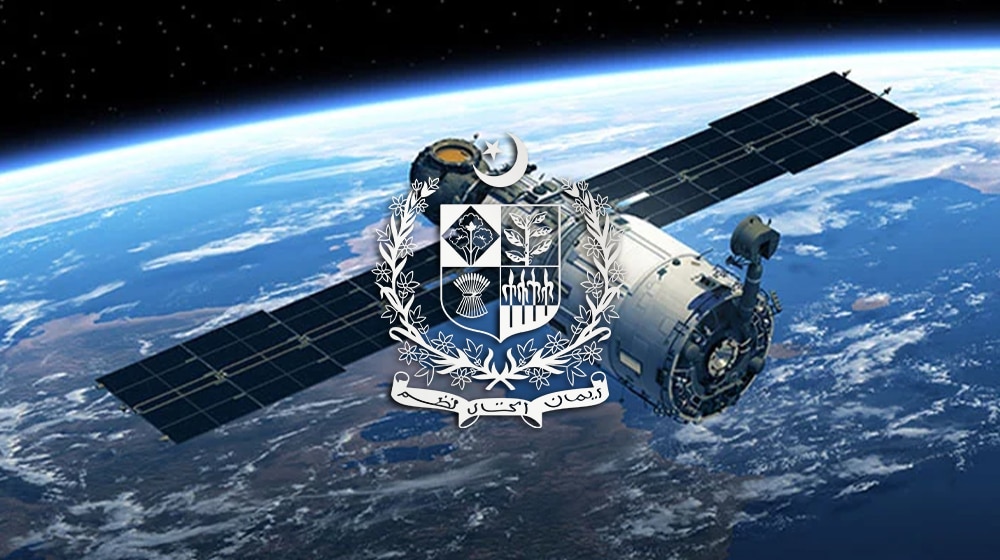The Ministry of IT and Telecom in Pakistan has taken a significant step in shaping the country’s space ambitions by unveiling the initial draft of the National Space Policy. This draft, which is currently in the consultation phase, represents a crucial development for Pakistan as it lacks a formal space policy, hindering its efforts in civil, military, economic, commercial, and scientific endeavors.
The National Space Policy (NSP) seeks to define Pakistan’s trajectory in space-related activities. It aims to bolster the space sector’s role, encourage mission activities, and foster collaboration among research, education, startups, and industry. To ensure effective implementation, a National Space Council is proposed, and various types of licenses will be issued to regulate the space sector, including satellite licenses.
The need for a comprehensive space policy gained prominence after Starlink’s license application, as the country currently lacks a structured mechanism for satellite, onboard connectivity, and Thuraya sets licenses. The government intends to capitalize on space technology and enhance its participation in the global space economy, which is expected to reach $600 billion in the next two years and surpass $1 trillion by 2040.
Notably, Pakistan’s neighbor, India, has also recently approved a space policy in 2023. The National Space Policy draft signifies Pakistan’s aspirations to join the space race and leverage space technology for economic growth and development.

